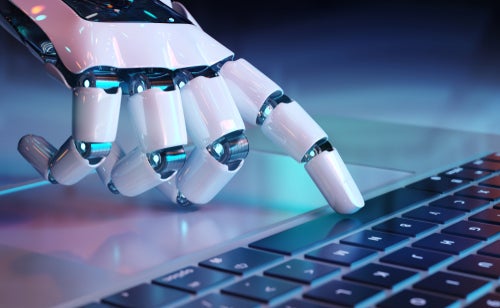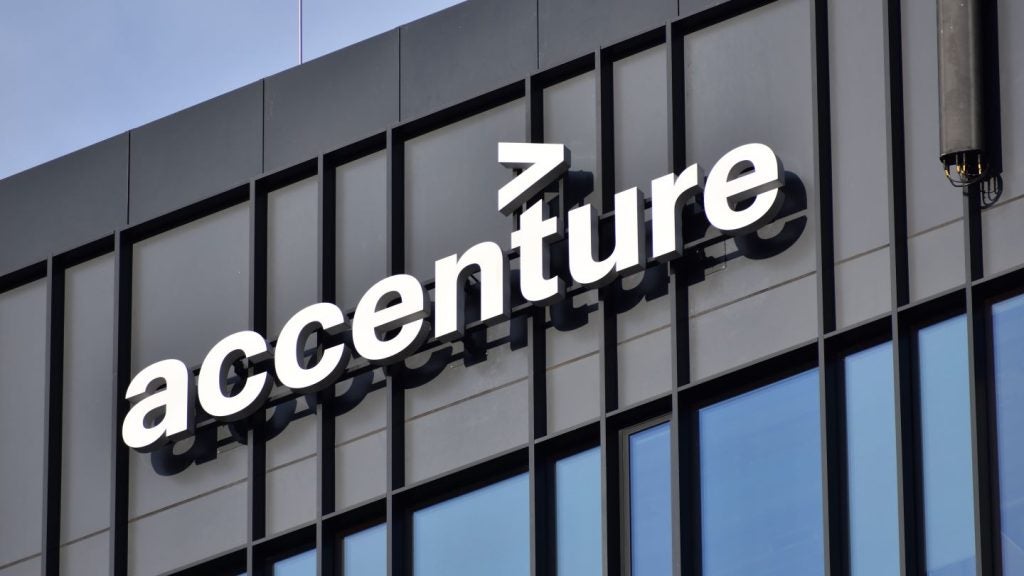
The Global Manufacturing and Industrialisation Summit 2021 took place in Dubai in November, bringing together digital manufacturing experts, government policymakers and industry professionals. Norbert Neumann attended to discover attendees’ predictions for the future of manufacturing.
The Global Manufacturing and Industrialisation Summit (GMIS) is a joint initiative between the United Nations Industrial Development Organisation and the Ministry of Industry and Advanced Technology of the United Arab Emirates. It aims to create new partnerships, initiatives and actions connected to digital manufacturing.
This year marked the fourth iteration of GMIS, which boasted the theme “Rewiring societies: repurposing digitalisation for prosperity”. It endeavoured to generate dialogue on the role of technology in society and the importance of collaboration to achieve a prosperous, diverse and sustainable future.
AI and robotics pervade digital manufacturing, posing the question of how industries can maintain a balance between business and societal needs while also keeping the use of manufacturing technologies ethical.
Robot anxiety
European Commission public surveys carried out by Eurobarometer over the past decade repeatedly concluded that the less people know about robotics the more they fear it, and that people are more afraid of robots taking their jobs than the technology itself.
International Federation of Robotics general secretary Dr Susanne Bieller said at GMIS: “The first thing is to educate people in what robotics actually can and cannot do. If we don’t think of robotics as powerful tools that are capable of everything, that makes us feel less afraid of them.
“Look at what happened in the past. We need to reassure people that robots are creating and safeguarding jobs and there’s really nothing to fear. It’s an interesting and versatile technology with so many opportunities.”
At a time when automation pervades manufacturing lines and robots assemble other robots, concern remains that jobs will be lost. But Bieller believes people understand that automation is changing jobs for the better.
She said: “We’ll get rid of dangerous and delicate jobs and get more creative and fun jobs. People know that they will be equipped with the right tools to go through that transition. We need education, we need training, and we need to identify which new skills will be needed in the future so we can equip people with them.”
While some affected workers may find the transition to working alongside robots straightforward, others might struggle to adjust to novel roles and procedures. Bieller emphasised that such transformation does not happen overnight and does not necessarily require the abandoning of previous roles.
“It’s the tasks that will be changing. Some people will still keep their old jobs but will have new things to learn and thus won’t have to retrain completely. They will have to learn step-by-step to do new things. I think that’s absolutely doable,” she said.
Accenture supply chain, operations and sustainability growth lead Vivek Luthra said there are some tasks machines will not replace, and, as AI becomes more integrated into people’s lives, the human element will receive even more focus.
Speaking at GMIS, he said: “AI is amazing when it comes to analysing and learning from volumes of data and so on. But when it comes to drawing the abstract and the creativity, that’s where human interaction and empathy is.
“That’s why in healthcare, as much as we’ll have diagnostics that actually improve the health of patients, you still want to interact with humans around the emotion that we’re dealing with, and the question is how do you put more emphasis on that.”
Automation on the road
A day before GMIS 2021 opened, General Motors announced that it will launch 13 of its new electric vehicles in the UAE by 2025, including the Hummer EV and vehicles across its Chevrolet, GMC and Cadillac brands. The company is also committed to autonomous vehicles, which it says will help achieve a safer and less congested future.
Chip Pankow, chief championship officer at vehicle manufacturer Roborace, said at the summit: “We have the technology for autonomous driving, yet governments want to ensure that it improves road safety. So many people lose their lives in traffic accidents.
“AI and robotics are growing in the automobile sector. If we educate the public on autonomous driving and run awareness campaigns, we can save 1.3 million lives per year.”
Robots and sustainability
A less-explored benefit of wider automation is its contribution to sustainability. Experts believe many of the 17 sustainable development goals set out by the United Nations can be addressed by robotics as robots can be more energy- and material-efficient and less error-prone than humans in many manufacturing processes. Saving energy and reducing waste material translates into more sustainable manufacturing.
Robots can also make a less direct contribution through being deployed in manufacturing solar panels, batteries for electric vehicles and other sustainable solutions. Automation can also benefit sustainability via service robots that inspect pipeline leaks, absorb carbon from the ocean, harvest wave and solar energy or plant trees.
But when they work in the same space as humans, there is one overarching concern.
“Human safety is important in robotics, and if this isn’t met, we can’t use robots,” Bieller concluded.







